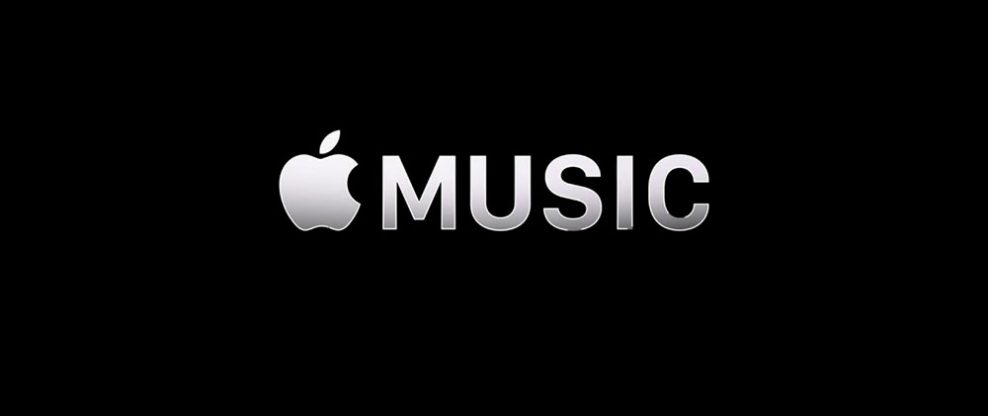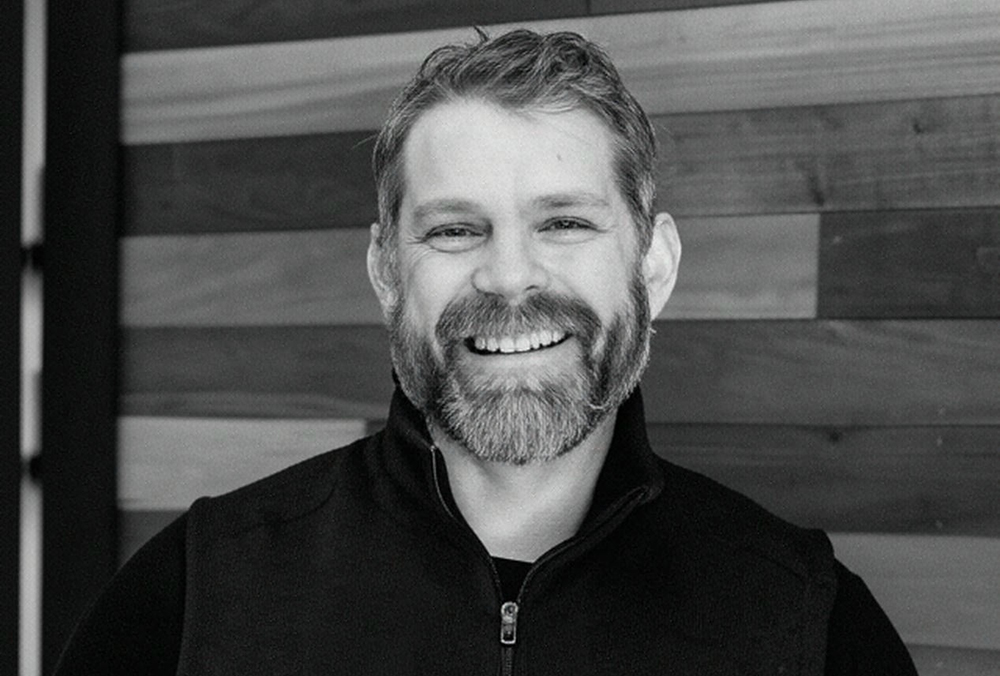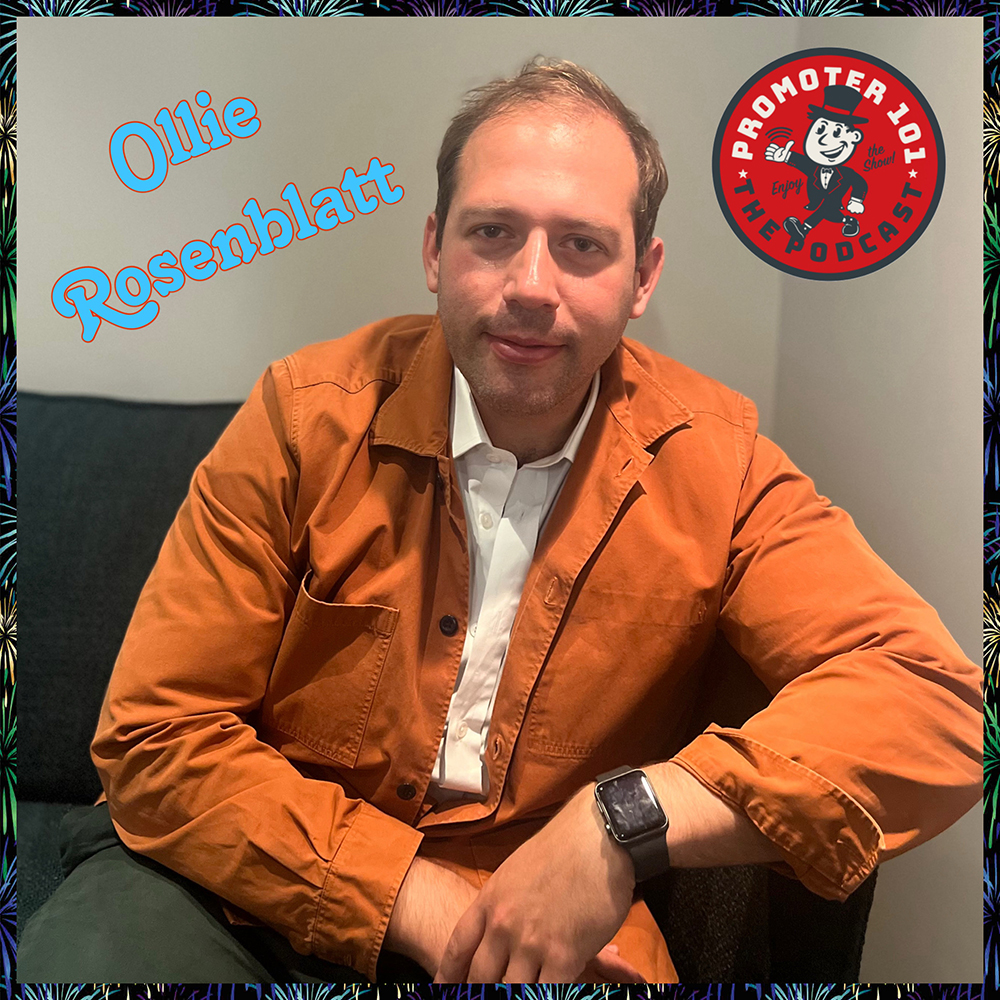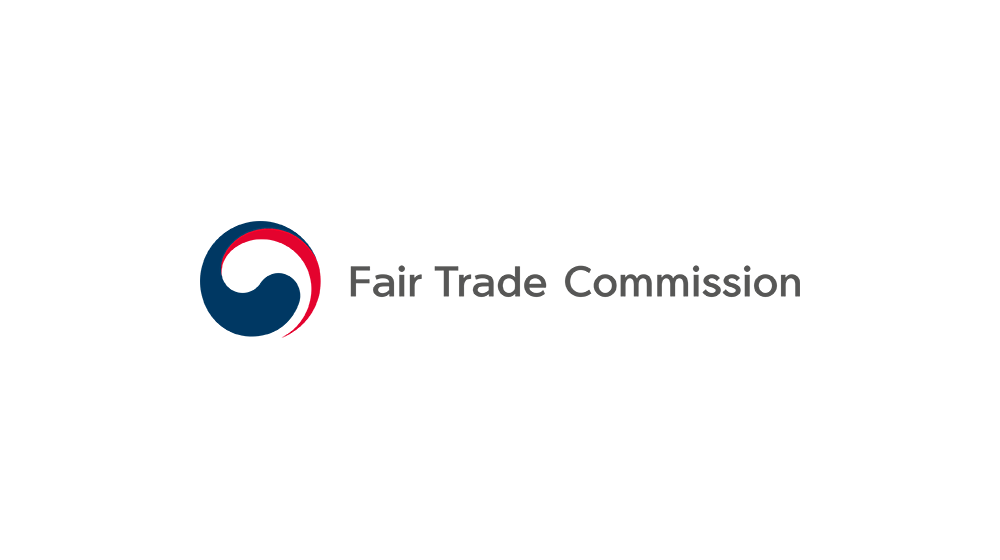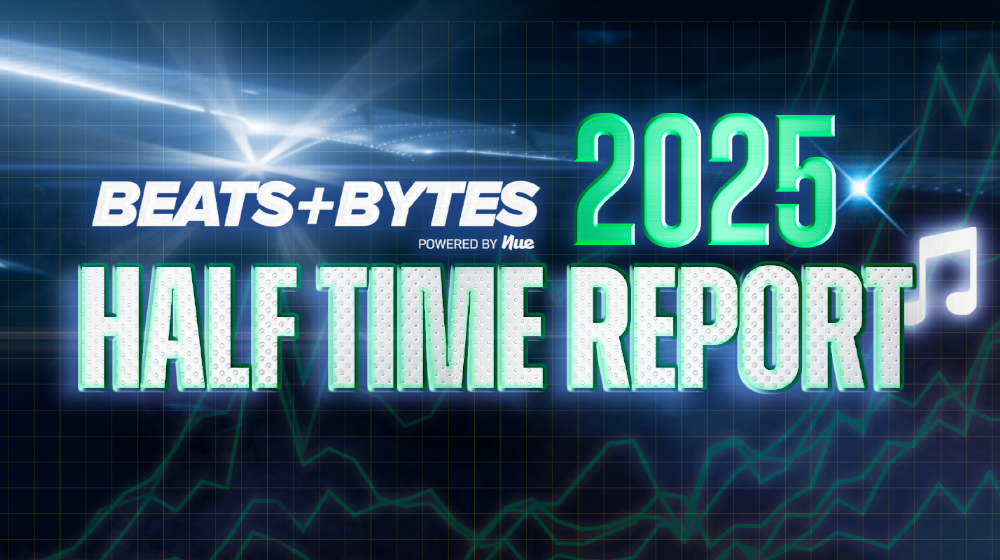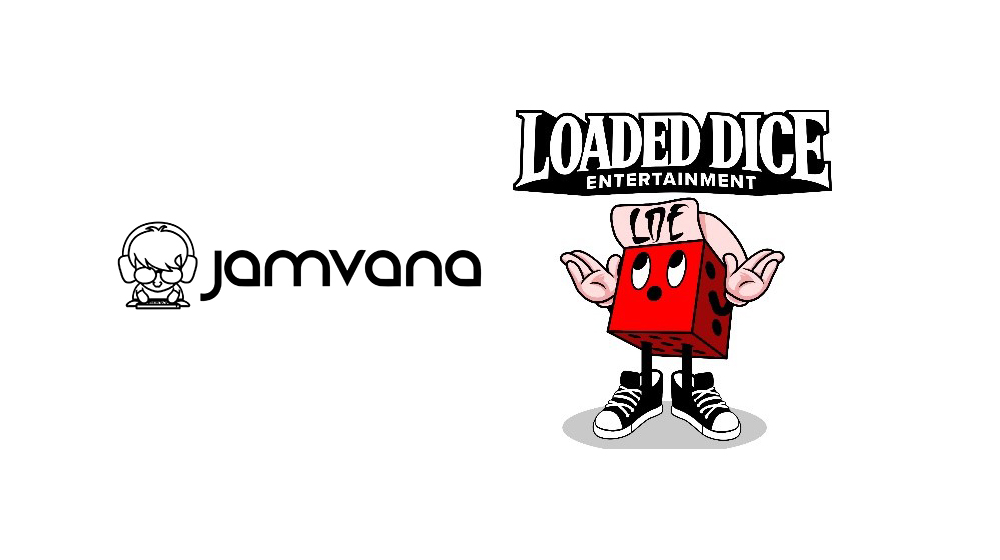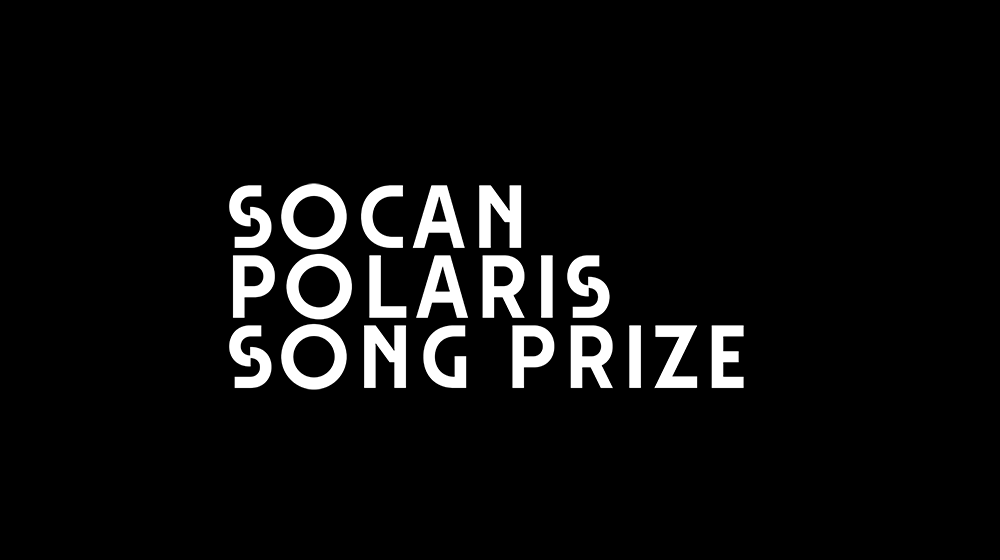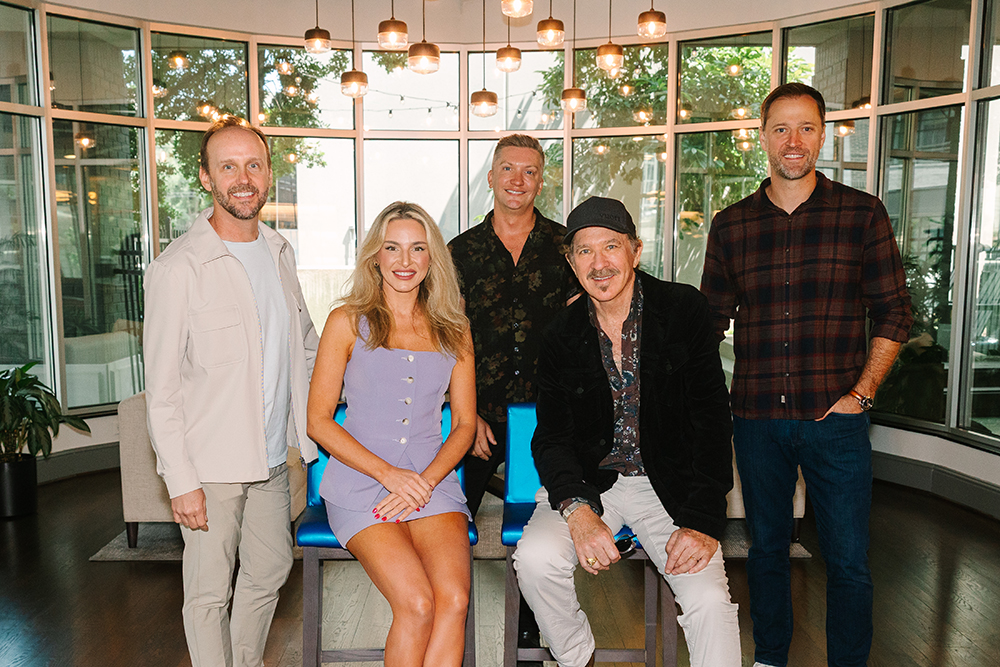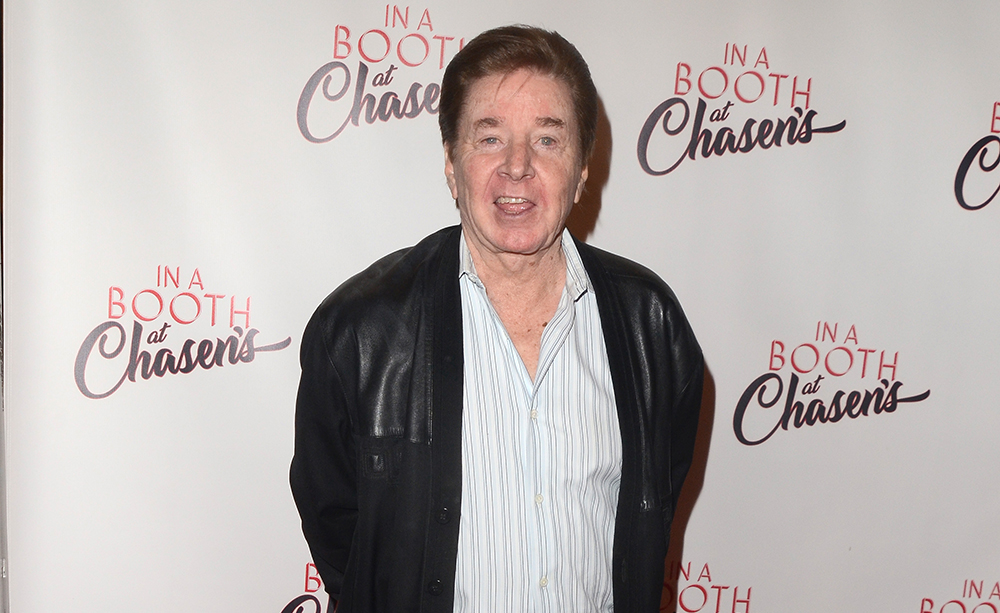(Hypebot) — In this piece, Fred Jacobs looks at how Apple is once again flipping industry norms and rewriting the rules, this time through the staggering revenue generated by their App Store.
Guest post by Fred Jacobs of Jacobs Media Strategies
Long-time readers of this blog have no doubt seen me refer to Pareto’s Principle on many occasions. Better known as the “The 80:20 Rule,” it states how 20% of a population – diarykeepers, salespeople, you name it – generate approximately 80% of results. From my perspective this is usually ratings and sales. If you look at your own station’s performance, this old rule of the road holds up quite well.
But now Apple – of course – is rewriting the rules, as they’ve been doing the last several decades. And not surprisingly, it’s their now-famous App Store that is causing analysts to stop and rethink the “givens.”
There are north of 2 million apps in Apple’s store (even more in the Google Play Store). So, if success was measured by the sheer quantity of apps produced these past dozen years, Apple’s a flat-out winner in the mobile space.
But as Apple learned early on, there’s a ton of revenue locked into their app store. And once the stubborn Steve Jobs was convinced it was good business to accept outside developers’ work in his store, the rest is history.

Is your station ready to start blogging? Join us to learn how to get your blog off the ground.
Apple makes a ton of money on its famous iPhones, now selling the 12th iteration of its iconic smartphone. The markup on these handsets is astronomic. And while other brands claim to have out-innovated iPhone over the years, Apple continues to set the curve for smartphone share among the masses.
But what about revenue from the App Store? Last year, Apple raked in $61 billion from their apps – or better put, our apps. That’s revenue reported by the Analysis Group. In fact, the bigger number is $519 billion – the total billings Apple collected from their App Store ecosystem worldwide.
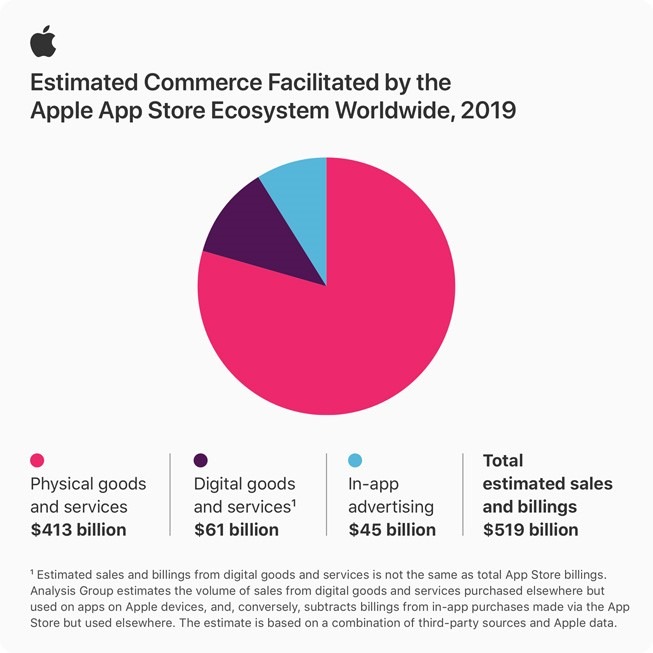
And now a new analysis by Sensor Tower reveals a revised ratio that might make Vilfredo Pareto’s head spin:
The 25:65 Rule
And it looks like this:
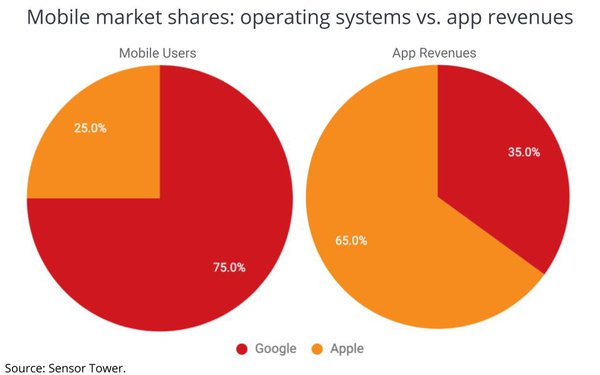
Actually, it’s very simple – the Apple iOS system only has a 25-share of the handsets (and tablets). About one in four smartphones out there are iPhones. But that share of devices accounts for nearly two-thirds of revenue from the app ecosphere. Let that one sink in.
It’s not that Google is slacking. Their Android operating system dominates, but the money it generates lags well behind Apple.
Think of it as the same conversion relationship we talk about in radio ratings – how a station converts its cume (or reach) into time spent listening (or engagement).
We often talk about the interrelationship between content and distribution. Both matter dearly to any successful media or tech company or platform.
But Apple’s 25:65 Rule underscores the point that while distribution – all those iPhones and iPads – is critically important, content is obviously the linchpin.
And it’s what separates Apple from Google – and everybody else in the lucrative hardware/software wars that have made untold billions for so many companies and brands.
I can tell you that as you walk around virtually every exhibit at CES – from the biggest automakers, as well as the mega-tech brands like Samsung, Intel, Sony, and LG – they have one thing in common:
They use apps as integral parts of their ecosystems.
Where would they be today without apps? For that matter, where would the broadcast radio industry be in the media hierarchy without those mobile applications for all those smartphones and tablets.
Our mobile app development company, jacapps, celebrates its 12th anniversary today. And we know first-hand why Apple’s attention to detail has produced that “65%” level of revenue dominance.
1. They have standards – Since the earliest Steve Jobs’ days, Apple’s benchmark for app excellence means that when you download an app in their iOS operating system, it works – not just on the iPhone 12, but on all their phones, tablets, watches, and gadgets.
Developing Android apps, on the other hand, is a more precarious process. That’s because there are scores of handset makers, from some of the very best like Samsung to the cheapest BOGO phones imaginable. It’s not surprising that app performance is sketchy across all those various Android gadgets.
2. They insist on quality – Not every app gets approved by their App Store team. It’s as simple as that. In fact, developers are sometimes dispirited by rejections.
MediaPost’s Editor in Chief, Joe Mandese, tells the story about participating in an app venture. As he notes, approval sailed through the Google PlayStore. But when they tried to get it past Apple, they were met with rejection…after rejection after rejection.
As Mandese explains, it was difficult to get “a straight answer” from anyone at Apple about why the app wasn’t approved. While that can be frustrating, every successful iOS developer has felt that pain – usually on multiple occasions. But they know that every app submitted to the store undergoes rigorous tests.
It’s like taking a law class from Professor Kingsfield from The Paper Chase. You’d better check your work – again and again – to debug whatever didn’t pass muster with the Apple App Store team. That high level of discipline forces your team to up their game, guaranteeing a quality user experience.
3. They know the value of UGC – user-generated content – This was not an Apple strong suit prior to the iPhone. Obviously, Steve Jobs was a CONTROL FREAK, and strongly resisted third-party software living on his precious iPhone.
As Walter Jacobson wrote in his authorized biography of Jobs, “He didn’t want outsiders to create applications for the iPhone that could mess it up, infect it with viruses, or pollute its integrity.”
Thankfully for Jobs, Apple, and all of us, board member Art Levinson and SVP of world wide product Phil Schiller convinced Jobs otherwise.
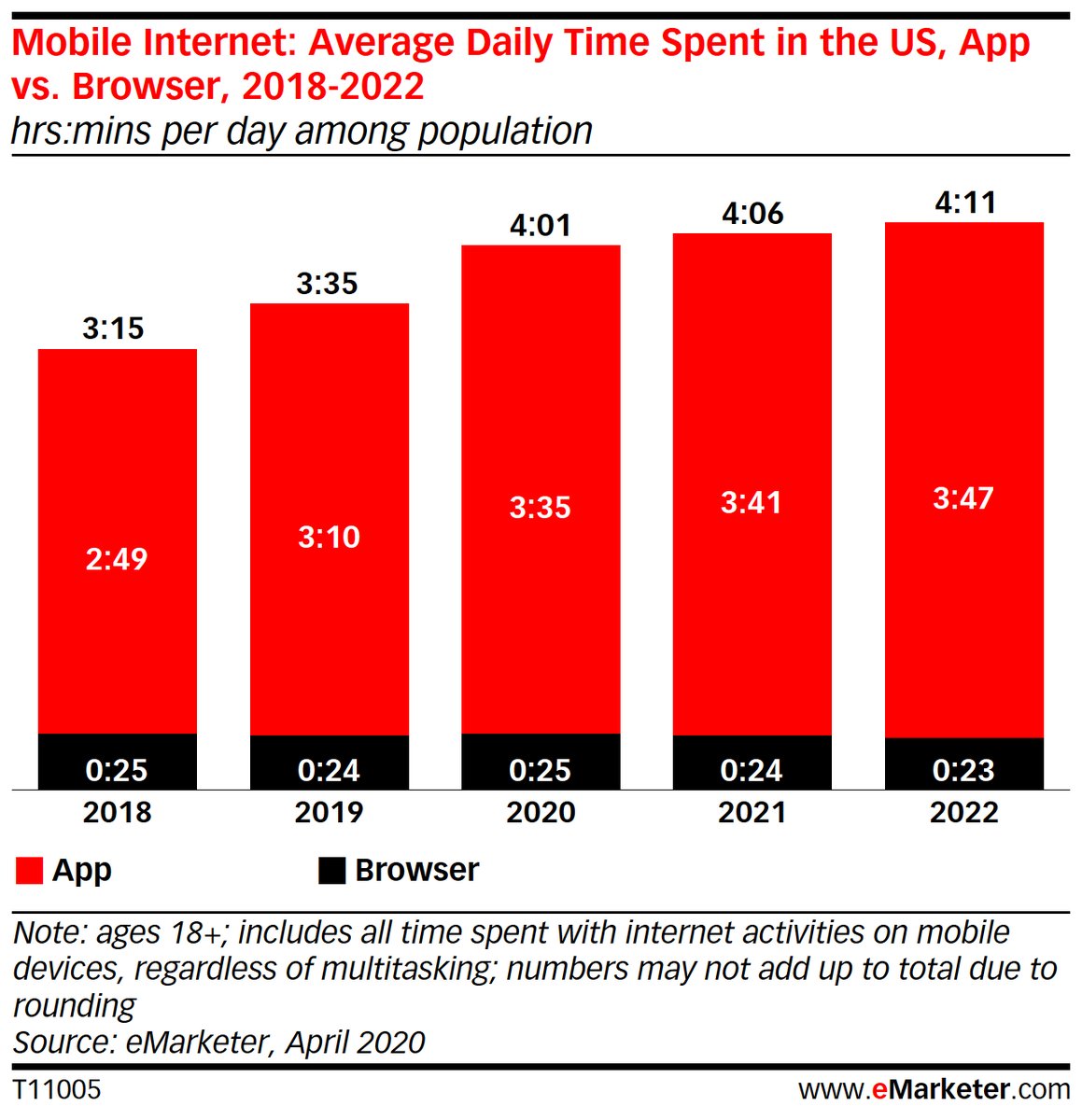
Today, there are more than 2 million apps in Apple’s App Store. And that UGC has revolutionized the company. Not dissimilarly, social media brands like Facebook, Twitter, and YouTube also make the bulk of their revenue on content that we – the users – create.
That’s what Twitch and TikTok are all about. And it’s something that broadcasters have struggled to understand, to utilize, or to optimize.
And app use on smartphones and tablets continues to rise, more than a dozen years after we first punched up that iFart or Zippo Lighter app. Bridge Ratings (via eMarketer) reports how app use (versus browser use) continues to go straight up. That’s a reflection of the app ecosystem’s ability to engage – yes, mobile’s version of TSL.
It appears that in 2021, we’re going to see tougher scrutiny of tech giants from Congress and the Department of Justice, no matter who wins tomorrow’s election.
In Apple’s case, that “gated community” with strict rules and restrictions is a key reason why its App Store has achieved superiority over its competitors. But is there a price to be paid?
Jeff Bezos, Mark Zuckerberg, and Tim Cook are going to have to answer for their respective companies’ domination of their competitors in e-commerce, social media, and mobile app store shares.
In Apple’s case, “The 25:65 Rule” is mighty impressive. Maybe too impressive.
Fred Jacobs founded Jacobs Media in 1983, and quickly became known for the creation of the Classic Rock radio format.
Jacobs Media has consistently walked the walk in the digital space, providing insights and guidance through its well-read national Techsurveys.
In 2008, jacapps was launched – a mobile apps company that has designed and built more than 1,300 apps for both the Apple and Android platforms. In 2013, the DASH Conference was created – a mashup of radio and automotive, designed to foster better understanding of the “connected car” and its impact.
Along with providing the creative and intellectual direction for the company, Fred consults many of Jacobs Media’s commercial and public radio clients, in addition to media brands looking to thrive in the rapidly changing tech environment.
Fred was inducted into the National Radio Hall of Fame in 2018.

